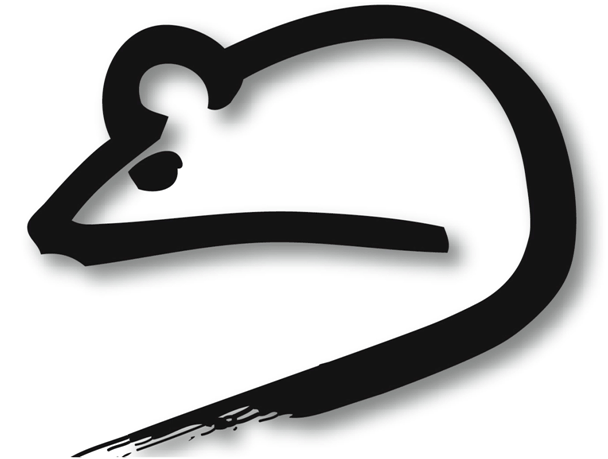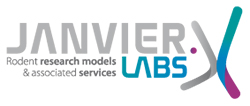A novel method, based on lithium sulfate precipitation for purification of chicken egg yolk immunoglobulin Y, applied to immunospecific antibodies against Sendai virus.
DOI:
https://doi.org/10.23675/sjlas.v31i3.64Abstract
Egg-laying hens were immunized with Sendai virus (SV) that had been grown in chicken embryos. The titres of immunospecific SV antibodies varied from log212 to log216 during the 5-month immunization period and total immunoglobulin Y (IgY) concentrations varied from 1.6 to 4.0 mg per ml of egg yolk. Two IgY purification methods based on salt precipitation using lithium sulfate or sodium citrate were developed. These methods were compared with two other purification methods based on polyethylene glycol (PEG) precipitation and chloroform extraction, respectively in terms of yield, total protein content, IgY concentration and immunospecific anti Sendai IgY activity. The total protein and IgY contents when purified by chloroform were 1.4-2.8 times and 1.3-2.3 times higher, respectively than in corresponding preparations purified by the other methods. However, the proportion of nonsense proteins was approximately 10% higher in the IgY preparation purified by chloroform than in those purified by salt precipitation. The immunospecific IgY activity recorded in the preparations from the new salting out methods was lower compared with the PEG and chloroform purification methods. However, the purity analysis of IgY by sodium dodecyl sulfate polyacrylamide gel electrophoresis (SDS-PAGE) demonstrated that IgY purified with lithium sulfate contained only two major components with molecular weights of 40 kDa and 66 kDa and one minor protein component of 45 kDa. By contrast, IgY extracted with ammonium sulfate, which is a classical method used to obtain purified IgY, contained two major protein of 40 kDa and 66 kDa and at least three less intense protein bands corresponding to proteins of molecular weights 31.4 kDa, 33.5 kDa and 45 kDa. The results indicate that the purification of IgY by lithium sulfate results in very pure IgY in high quantities (94% +/- 5% of total egg yolk protein).







